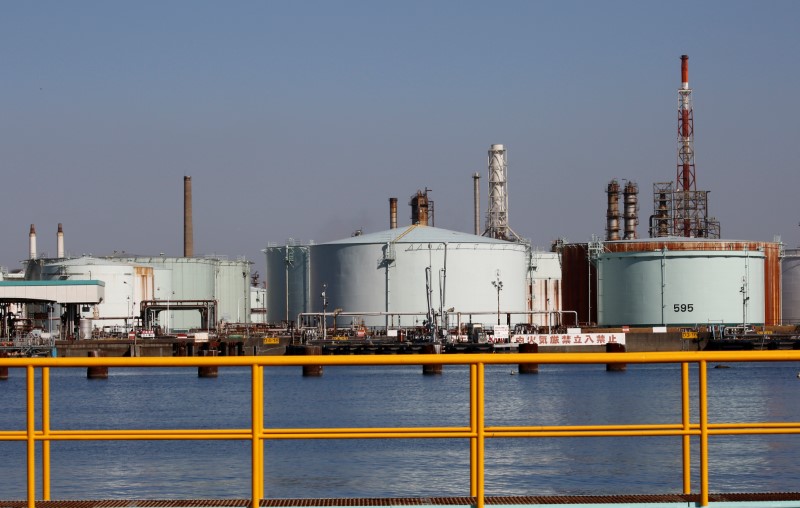(Bloomberg) -- Oil slipped from a five-month high in New York with OPEC+ and the U.S. Federal Reserve sounding caution on the demand recovery as many countries struggle to contain the coronavirus.
OPEC+ urged laggards at a meeting on Wednesday to adhere to output pledges, warning that the pace of the demand rebound was slower than expected and at risk from a prolonged second wave of the outbreak. Meanwhile, minutes from the Fed said the pandemic would weigh heavily on economic activity, repeating its view that the recovery would depend on containment of the virus.
In a positive sign for the market, however, government data showed U.S. crude stockpiles extended declines for a fourth straight week -- the longest run this year -- while gasoline inventories dropped for a second week.
Oil has inched higher recently after a rally stalled in June but is struggling to push past $43 a barrel as surging infections raised doubts about a sustained recovery in consumption. OPEC+’s focus on compliance comes as the group eased its historic curbs this month and started returning some supply to a market grappling with an uneven demand rebound.
“Prices are likely reacting to the bearish Fed minutes overnight, while the OPEC+ meeting was largely within expectations,” said Howie Lee, an economist at Oversea Chinese Banking Corp. in Singapore. Oil is “expected to stay at current levels going forward as the market is working its way through a huge supply glut,” he said.
A big focus of the OPEC+ meeting was ensuring nations that didn’t live up to their promises in previous months make amends in August and September. Nigeria, Iraq and other laggards were given until Aug. 28 to come up with a detailed plan for their compensation cuts, according to a communique.
Meanwhile, U.S. crude stockpiles dropped by 1.6 million barrels last week, the Energy Information Administration said on Wednesday. The median estimate in a Bloomberg survey had forecast a 2.85-million barrel draw. Inventories at the storage hub of Cushing, Oklahoma, fell for the first time since June.
©2020 Bloomberg L.P.
